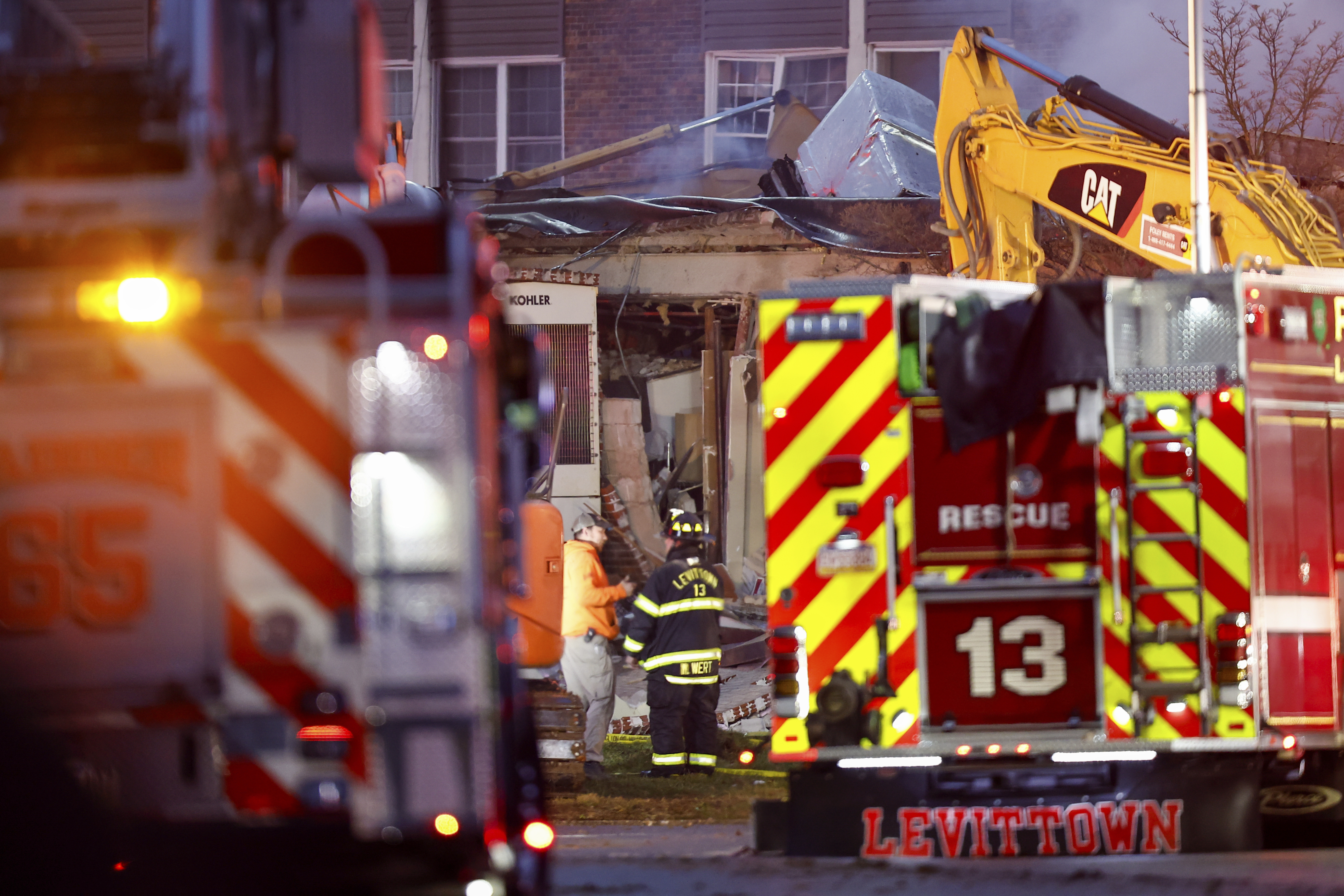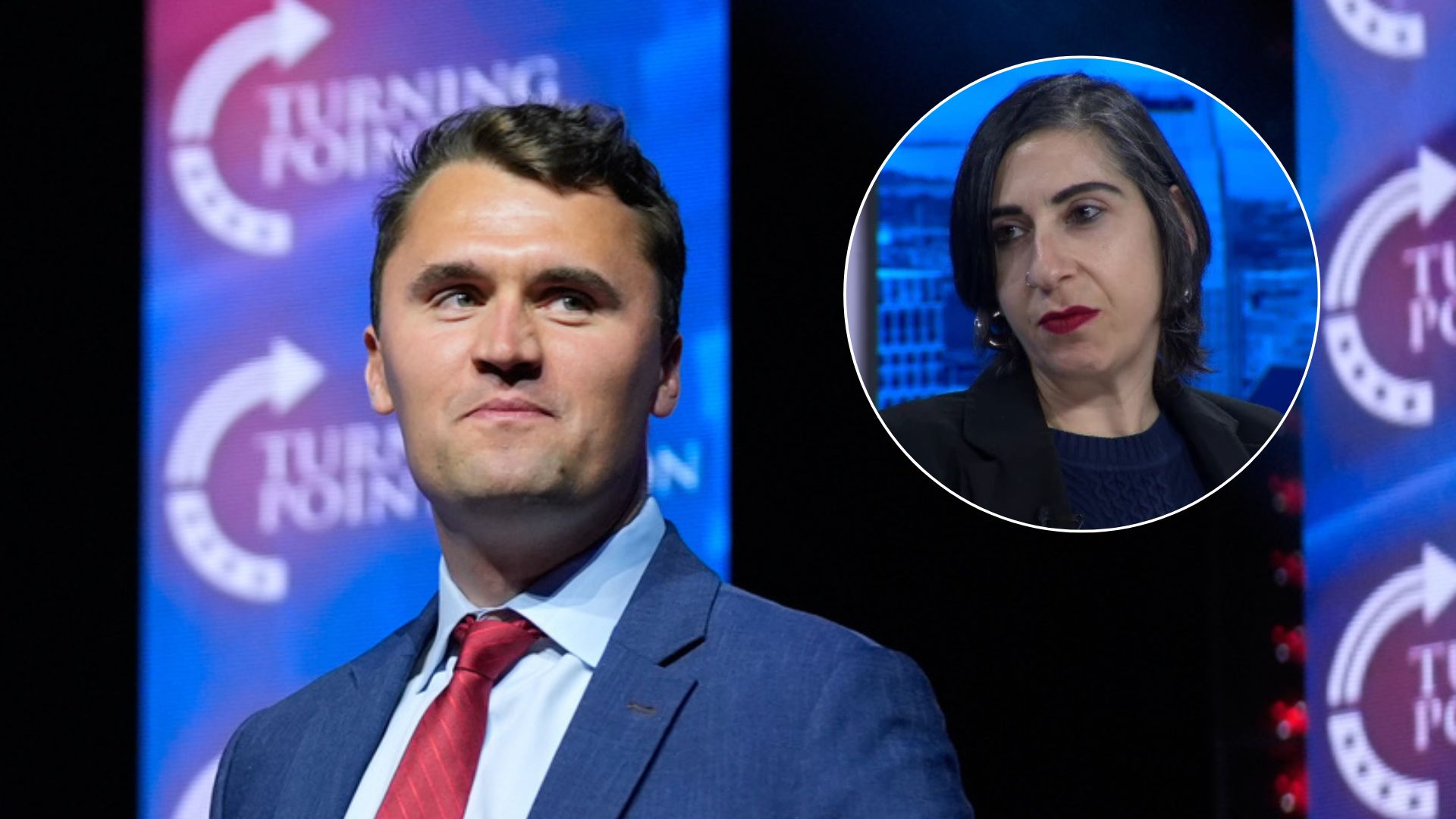Can't touch this.
Falcons defensive tackle Grady Jarrett found out the hard way when he sacked Tom Brady and got flagged for roughing the passer in the fourth quarter of Atlanta's 21-15 loss at Tampa Bay on Sunday.
The questionable penalty that benefited Brady and the Buccaneers raised more concerns about interpretations of the rule. It was the second straight week referee Jerome Boger made the critical call late in the game on a play that didn't seem to warrant a flag.
Last week, it helped the Buffalo Bills on a drive that ended with Tyler Bass kicking a 21-yard field goal as time expired to beat the Baltimore Ravens 23-20.
This time, it allowed the Buccaneers to extend the final drive and eventually run out the clock.
Protecting quarterbacks has always been a point of emphasis for the NFL. That was magnified after Dolphins quarterback Tua Tagovailoa was taken off the field on a stretcher following a violent hit in a game against Cincinnati on Sept. 29. Tagovailoa sustained a concussion when 6-foot-3, 340-pound Bengals defensive tackle Josh Tupou threw him backward, slamming his head into the turf.
Tupou wasn't penalized for sacking Tagovailoa. Neither Josh Allen nor Brady were injured on the hits Boger called roughing.
"What I had was the defender grabbed the quarterback while he was still in the pocket, and unnecessarily throwing him to the ground," Boger told a pool reporter after the game. "That is what I was making my decision based upon."
Buccaneers coach Todd Bowles, of course, understood the decision.
"I saw that one being called. I saw it against Tua when he got hit, and in the London game this morning," Bowles said. "I think they are starting to crack down on some of the things, slinging backs. I don't know. Right now, the way they are calling (it), I think a lot of people would've gotten that call."
The NFL rulebook states: "Any physical acts against a player who is in a passing posture (i.e. before, during, or after a pass) which, in the referee's judgment, are unwarranted by the circumstances of the play will be called as fouls."
The rulebook also notes: "When in doubt about a roughness call or potentially dangerous tactic against the quarterback, the referee should always call roughing the passer."
Many analysts, including former quarterbacks, disagreed with Boger's call.
"The league office has to get that fixed," Hall of Fame coach Tony Dungy said on NBC's "Football Night in America" pregame show. "If you cannot tackle the quarterback, it's going to be impossible to play defense."
Robert Griffin III tweeted: "The Falcons got ROBBED. Hitting the QB hard does not equal Roughing the Passer even if it's Tom Brady."
Despite the perception that the 45-year-old Brady gets special treatment, the seven-time Super Bowl champion ranks 41st with .14 roughing calls per game since 2009. This was the first time Brady was the beneficiary of a roughing penalty this season. He only got one last year.
Jarrett was visibly upset about the penalty and refused to talk to reporters after the game. Falcons coach Arthur Smith wouldn't criticize the officials.
"Obviously from my vantage point, it looked like it was a bad call," Falcons cornerback Casey Hayward Jr. said. "But that's why you put the refs out there to make these calls. They pay these guys to make those calls. It looked bad (from) my standpoint — but like I said — I was on the back end. They put these guys there to make those calls."
Nobody wants to see any player endure a hit like the one that sent Tagovailoa to the hospital. But there's a difference between protecting quarterbacks and punishing defenders for playing football.
Finding a balance is the NFL's dilemma.
Additional reporting by the Associated Press.


 NFL's Concussion Protocol Modified After Tagovailoa Review
NFL's Concussion Protocol Modified After Tagovailoa Review






